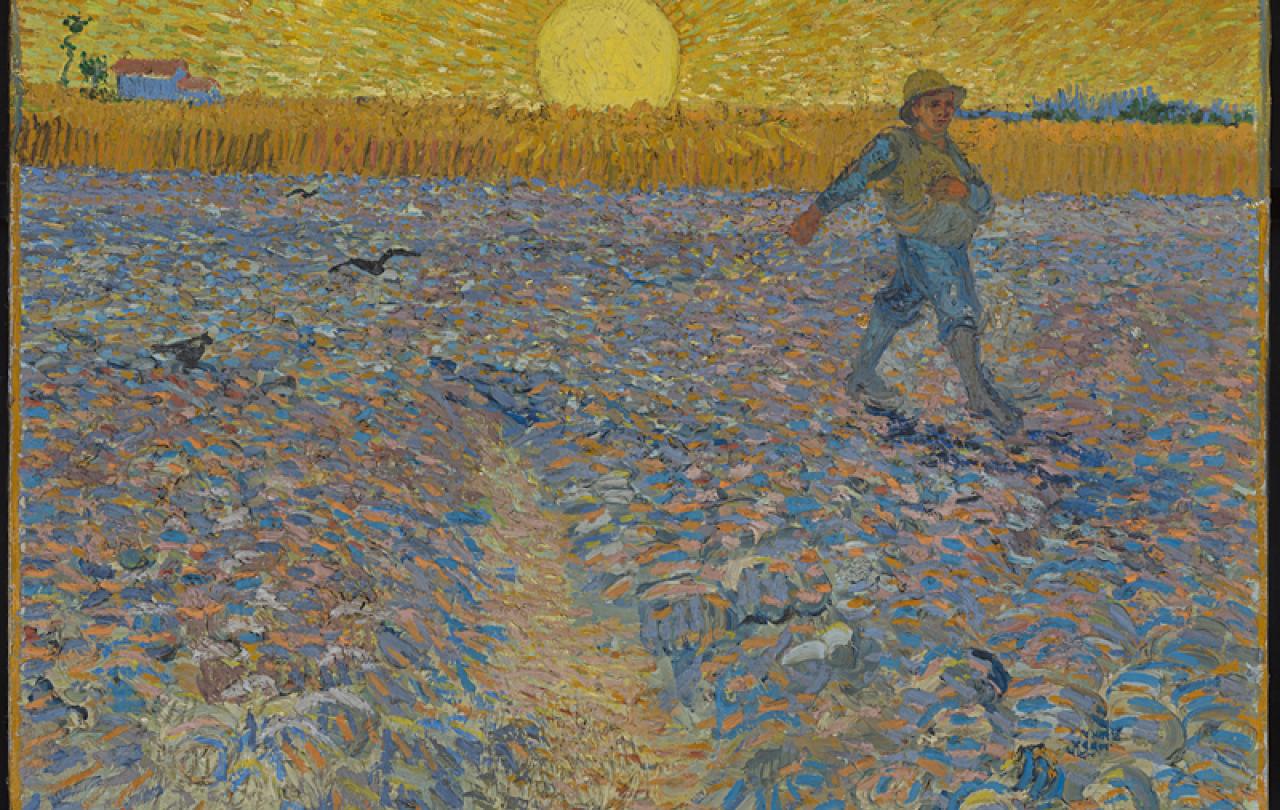
Can you think your way into Christianity?
Can your mind lead the way into something that transcends understanding?
Is it possible to ‘fake it until you make it’ when it comes to belief in God?
These are the questions that hold our conversation with Molly Worthen together. Molly, for those of you who aren’t yet acquainted with her work, is a journalist and associate professor of American history at the University of North Carolina at Chapel Hill. For the past decade, her intellectual sweet spot has been the religious and intellectual history of North America. Flowing from her fascinating research are books such as Apostles of Reason: The Crisis of Authority in American Evangelicalism, as well as pieces for the New York Times, The Atlantic and The New Yorker.
Intellectual fascination was her gateway into faith. She used homework, deadlines, schedules and challenges as tools with which she worked out and fine-tuned her beliefs.
In this episode of Re-Enchanting, Molly very generously walks us through her own story; from a child who would cover her ears when being read Bible stories, to a young adult who could relish the oddity of religious experience from a distance, to a journalist investigating various Christian communities, to a baptised Christian attending a mega-church. It’s quite the journey, but I shall leave it to Molly to unpack the full story, seen as she tells it with the vigour and detail of a historian.
I find Molly’s story captivating for many reasons, the primary one being that her intellectual fascination was her gateway into faith. She used homework, deadlines, schedules and challenges as tools with which she worked out and fine-tuned her beliefs. She says herself, ‘I needed to process to be rigorous’. How interesting is that?
Reflecting on the conversation that Justin and I had with Molly, I realise that there are three, rather distinct and yet wholly common, misconceptions about faith that she shatters. I don’t think that she was intending to, I’m not even sure that she was aware that she was doing it. But her fascinating crossing from agnostic to Christian has some interesting philosophical by-products.
She asserted that she didn’t want to ‘convert out of cowardice’ nor was she interested in succumbing to ‘a bribe’.
Firstly, the focused methodology with which Molly approached theism in general, and Christianity in particular, simply dispels the notion that a belief in God must render logic and reason redundant. On the contrary, Molly took step after considered step into her new-found set of Christian beliefs. Her story is one of measured assurance, of ‘not being 99.9 per cent’, but being ‘far north of 51 per cent’.
Secondly, Molly challenges the assumption that faith is sought out as a method of opting-out of the harshest parts of reality. That it’s held as some kind of cosmic ‘Get Out of Jail Free’ card – the ‘jail’ being whatever un-graspable, un-controllable, un-bearable aspect of reality sits most heavily upon us. There’s a common notion that religious people have found a coping mechanism, that they’ve institutionalised their denial and spiritualised their escapism. I’ve often found that notion an interesting one, mostly because I wish that it were true. But it doesn’t quite work that way. Believing in an all-seeing, all-knowing, all-loving God does not mean that one can avoid looking directly at suffering, pretend that it isn’t there, or that it somehow doesn’t ultimately matter. On the contrary, it often requires one to look at it, and wrestle with it, for longer. Nick Cave and Sean O’Hagan’s masterful Faith, Hope and Carnage is an ode to a belief system that resides in the midst of Nick Cave’s pain, as opposed to pulling him out of it. Molly, perhaps from all of her years of research, seemed to know this. She asserted that she didn’t want to ‘convert out of cowardice’ nor was she interested in succumbing to ‘a bribe’. Surely you are convinced by now that Molly Worthen is about as fascinating as it gets?
And finally, it was interesting to hear Molly speak of the choices, both micro and macro, that have led her to where she now finds herself. After all, faith is a choice. It reminds me of the philosopher, William James, who proposed that there are certain beliefs that can’t be evidenced until they are believed. For example, you cannot determine whether a chair will hold your weight until you sit on it believing (at least to a reasonable extent) that it can. This is partly (but profoundly) true of God; while one can ponder the empirical evidence for the existence of God for a lifetime, it is often the case that experiential evidence for God is available once you believe it. This doesn’t mean that belief must be a wholly blind choice, that would only negate my first point, but it is a choice. Again, Molly wonderfully encapsulated the tension of this notion in recalling that,
“what was really preventing me from engaging with this evidence is my own commitment to materialism and my own deep epistemological groove. But if I’m willing to suspend that, what happens?... You can walk right up to it and get to the point where you’re still faced with a leap of faith, but it’s no longer a ten-mile leap into the dark, it’s a leap based on a pretty reasonable body of evidence. And it turns out that to reject that leap is itself and act of faith.”
This episode of Re-Enchanting is a personal, and therefore profoundly interesting, one. We speak to Molly, not of how her field of work has been re-enchanted by the mystery and wonder of the Christian story, but how she has. And that makes this episode incredibly worth your time.





